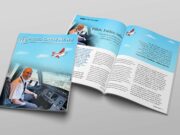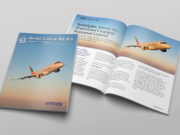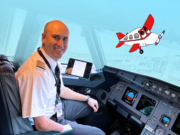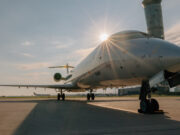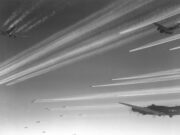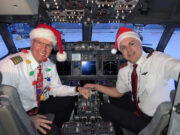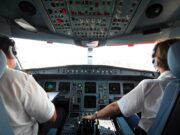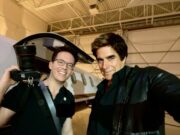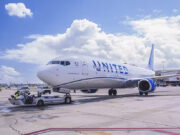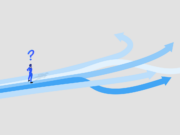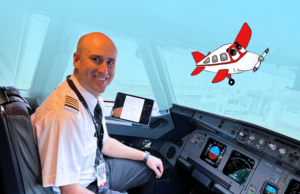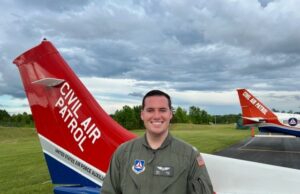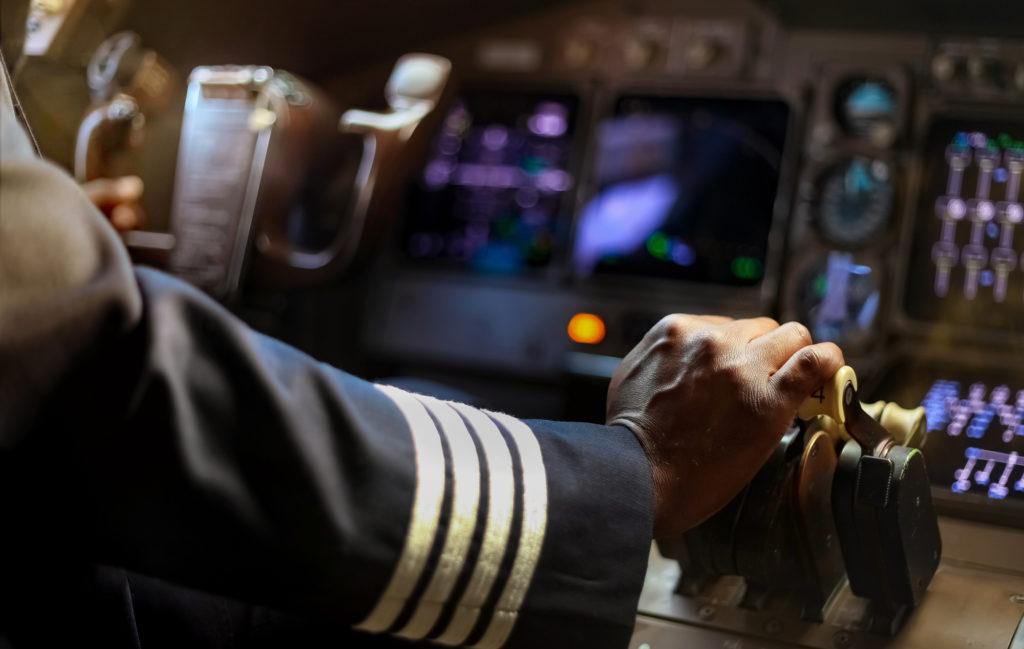
“Captain,” was followed by silence. Out of habit, my head immediately turned to the other pilot in the flight deck who, of course, stared back at me.
“Captain!” shouted the gate agent, again with urgency.
“Oh, excuse me. Sorry. Yes. How can I help?” I answered with certainty.
“Operations mentioned that this flight is weight-restricted. How many bags can we expect to be able to take on the way down to Miami? Will passengers need to be re-accommodated?”
“Give me one minute to work this out please!” I started to crunch some numbers in an attempt to get every human, every suitcase, and every ounce of fuel that we were permitted to take to Florida.
After completing an exhausting and challenging two-and-a-half-month-long training process, it was my first official day as a captain. I had received a call from the company exactly three minutes into my morning reserve availability period. I had precisely two hours to report to the aircraft. My emotions were mixed; nervous yet excited. Upon arrival at the airport, I would learn that nothing was going smoothly. The aircraft and part of my crew ware late. My first officer was relatively new to the airline and wasn’t familiar operating at LaGuardia. All of this is compounded by issues with our dispatch paperwork. I thought, “I was trained for this. I am ready. I can do this.”
While most pilots begin their careers as first officers in the flight deck, the ultimate goal is to become a captain – to wear the uniform with four stripes instead of three. There are many motivations behind this desired promotion, among them, the raise in pay, the prestige, the desire to “run the show.” Plus, experience as a captain is highly coveted by major airlines around the world.
But what exactly is expected of a captain? What is it that sets the captain apart from the first officer? The captain is the final authority aboard the aircraft. The airplane does not move unless the pilot-in-command has deemed the airplane safe to fly. The captain must also agree with the planned routing, confirm the correct cargo load is aboard, and more. The captain must be knowledgeable about the operation as a whole, but also his aircraft and company procedures. The captain must be an efficient manager of resources, including the most valuable resource of all – people with information; crewmembers, air traffic controllers, someone on the other end of the telephone, etc. A captain is able to use all of these resources to lead the ship safely to its destination, while passengers in the cabin enjoy cocktails and movies.
The first officer is key in this entire process. An experienced, skilled, and motivated captain is a great asset to the flight deck, but a first officer can make all the difference. Once preparation for a flight begins in the cockpit, there is not a single aspect that doesn’t involve teamwork. While the roles may be slightly different in the flight deck through various stages of the flight, challenges are always addressed as a crew. A first officer is not a pilot-trainee. A first officer is not someone there in case something were to happen to the captain. A first officer is a captain – just not today.
Owed to regulatory changes of the past decade, a captain and a first officer now undergo almost identical training. The biggest difference between the first officer and the captain is the role, the mindset, and the expectations. While it is important for a first officer to speak-up when the captain is doing something unsafe, against procedure, or incorrect, it is assumed that the first officer will always defer to the captain, who will make the final decision. Having the final say can be challenging for someone transitioning from the first officer position to the captain position. For years, it has always been someone else with the final call, but now, it is up to me. Not every decision will be perfect, or even a good one, but one must be made. The WORST scenario is simply not making a decision at all.
Being a good captain is not easy. All resources must be maximized for every flight. Sometimes it is necessary to be stern, yet kind, and most importantly, respectful. Other times, it is all too easy to be over-controlling and micromanaging – the worst combination that adversely impacts the crew. It’s okay not to know everything! You are not expected to be a machine. You are not expected to be an all-knowing robot. You may not always be liked, but you are expected to lead the ship safely and efficiently with your experience and knowledge. While the honor of wearing four stripes does not come freely nor easily, the efforts are well rewarded.


